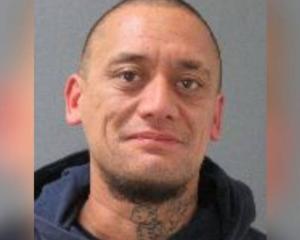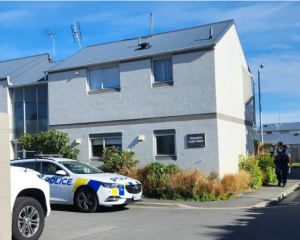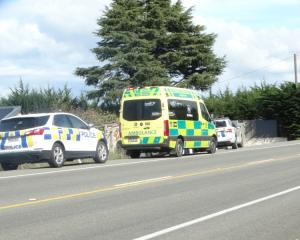
Rangiora High School, located 30 minutes north of Christchurch, took to its Facebook on Sunday morning to announce the closure of the school today.
It comes as about 39 teachers and 10 support staff have contracted Covid-19 over the past few days.
“We’re actually really disappointed. We were excited about starting the year and on day two we’re having to close,” said the school’s principal Bruce Kearney.
Kearney told the Herald the closure was not regarding Covid-19, but that almost a third of his 120-strong teaching staff were unavailable.
“We just can’t put bodies in front of kids and we really don’t want to be doing that on day two of high school.
“It’s quite difficult to put relief teachers into classes where they haven’t even started their work.”
He added that he was “pretty sure” the outbreak stemmed from the school’s teacher-only day.
Throughout 2022, Rangiora High School remained open while other schools across the country were forced to shut their doors.
“Our philosophy is to remain open during Covid to make sure that the kids have a chance to go to school,” Kearney said.
Kearney said there had been no reports that any of the 1750 students had contracted Covid-19, but added the school rarely gets those details anymore.
“The rule is if you’re unwell for whatever reason, stay at home until you feel better and so all we get is phone calls from kids that are sick. They could be sick for anything.”
The school will close today and is likely to return on Wednesday after a public holiday on Tuesday due to Waitangi Day.
“[The plan] is to monitor it but I’d be incredibly surprised if we aren’t open on Wednesday and just getting on with things,” said Kearney.
He said the school would be in the same situation if there had been an outbreak of gastroenteritis within its staff.
Has NZ’s Covid-19 summer wave finally peaked yet?
The outbreak comes as New Zealand grapples with a fifth wave of Covid infections.
ESR’s most recent surveillance showed the national average of the virus detected in wastewater plants was still at elevated levels, albeit with much week-to-week variability.
That average stood at 4.61 million copies of the virus detected per person, per day on January 14 – sharply down from 8.59 million copies the week before, but still four times the levels reported six months ago.
Covid-19 modeller Professor Michael Plank suspected case numbers had reached a plateau-like pattern, which began building back in November.
“Really, it hasn’t come down yet, but it’s not rocketing upwards as well.”
In the week to January 28, Te Whatu Ora Health NZ reported 258 were in hospital with Covid-19 and another 20 deaths were reported, bringing the total since the start of the pandemic to 3768.
The current national supply of Covid-19 rapid antigen tests (RATs) was due to run out in February, with a question mark over whether the Government would pay for more.
But Health Minister Shane Reti on Wednesday said Te Whatu Ora Health NZ would purchase five million more to distribute for free.
This would last the country until at least the end of June.
“These free RATs will be available through the established national network of distribution providers, comprising of health providers and some pharmacies.”
He would take advice from officials about whether the RATs would be funded after that, noting that many other countries no longer had widespread free Covid-19 testing.
“This approach will ensure New Zealand continues to have good stocks of tests available as we enter winter,” Reti said.
By Benjamin Plummer













